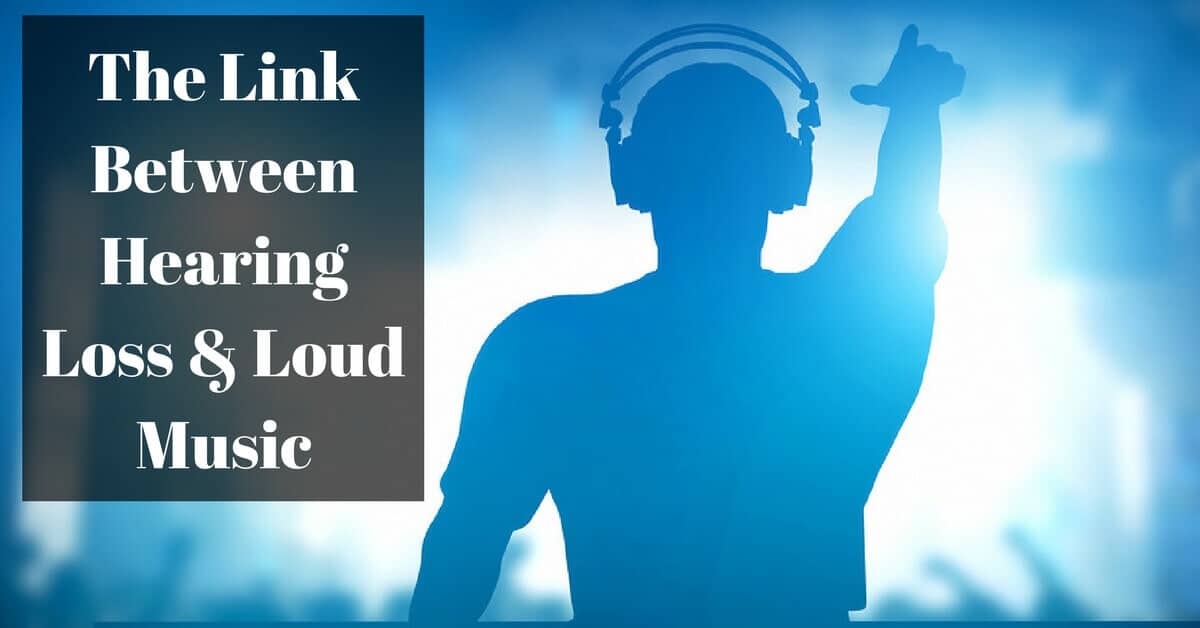
Loud music and hearing loss. Common sense will tell you that they’re linked, as more teenagers and young adults are complaining about hearing loss brought on by unsafe listening practices. From earbuds draped around their necks 24/7 to those rocking concerts or pumping bars and clubs, the younger generations of today are more at risk of hearing loss than ever before. Most teens won’t listen if you tell them to turn it down, so maybe it’s time to show them some hard facts. Because hearing loss is permanent – once it’s gone, it’s gone for good!
Noise Induced Hearing Loss
Teenagers who listen to loud music are doing far more damage than getting on your nerves. Noise Induced Hearing Loss (NIHL) occurs when the ears are exposed to dangerously loud sounds for far too long. For example, standing next to a jackhammer without hearing protection or spending an afternoon at the ball game cause damage. The hair cells in the ear translate the sounds around you into electrical signals that the brain can interpret, so you easily understand conversations, localize sounds, and separate between important speech sounds and distracting background noises when chatting with your friends in the restaurant. The hair cells of the inner ear can’t withstand loud noises, and standing next to a jackhammer will cause permanent damage within a minute! Some hair cells will even die, and once they’re gone, there’s no going back.
With damaged hair cells and nerve cells, many teenagers experience tinnitus, an early warning sign of hearing loss. Tinnitus, that annoying ringing or buzzing in the ears, affects their ability to concentrate on tasks, and threatens to affect their academic achievement and future employment.
Hearing Loss and Personal Listening Devices
The main culprit in teenage hearing loss is loud music blasting through headphones and earbuds. The problem with smartphones and devices like iPods is their ability to crank up the volume to unsafe levels. Listening with earbuds and maxing out the volume can be just as loud as the jackhammer! It’s not hard to imagine the damage caused when teens listen to music at these unsafe levels for hours on end. In fact, the Centers for Disease Control report that up to 20% of American teenagers have damaged hearing, and this number is increasing.
The latest generation of smartphones is nothing like the Walkman you used to use. With a short battery life and a grainy quality, the volume didn’t go up very high and the batteries died after a few hours, forcing you to take a break. The technology resting in your teen’s hands is in a whole different ballpark. The volume doesn’t max out until you can hear the music through their headphones from across the room, and it doesn’t ever seem to run out of power, with improved battery life. This places a tremendous amount of strain on young ears, causing permanent damage after just a few hours. Since they listen day in and day out to their favorite tunes, their ears are constantly under strain, and the repeated exposure leads to long term, cumulative effects.
Protect Your Hearing
Teenagers aren’t the only ones at risk of noise induced hearing loss from listening too loud for too long. The World Health Organization (WHO) reports that 50% of people from 12 to 35 listen to music at levels that far surpass the recommended volume.
To protect your hearing, apply the 60/60 rule. Never listen to music at more than 60% of the maximum volume, and listen for just 60 minutes at a time. It’s important to give your ears a break and allow them to rest. It makes sense that the louder the volume is and the longer you listen, the faster you’ll damage your hearing. If the person sitting beside you can hear the music coming from your headphones, it’s too loud. Turn it down!
When attending concerts or going to a noisy sports stadium, always take earplugs. You might think you look a little silly with foam sticking out of your ears, but with volumes rivaling a chainsaw, and exposure often lasting for several hours, your ears will be thanking you.
If you or your loved ones are experiencing tinnitus or hearing loss, visit us today at one of our My Hearing Centers locations for a hearing test. We’ll give you more tips on how to listen safely, and will assess your hearing, working with you to find a treatment option that will promote academic and personal success.
